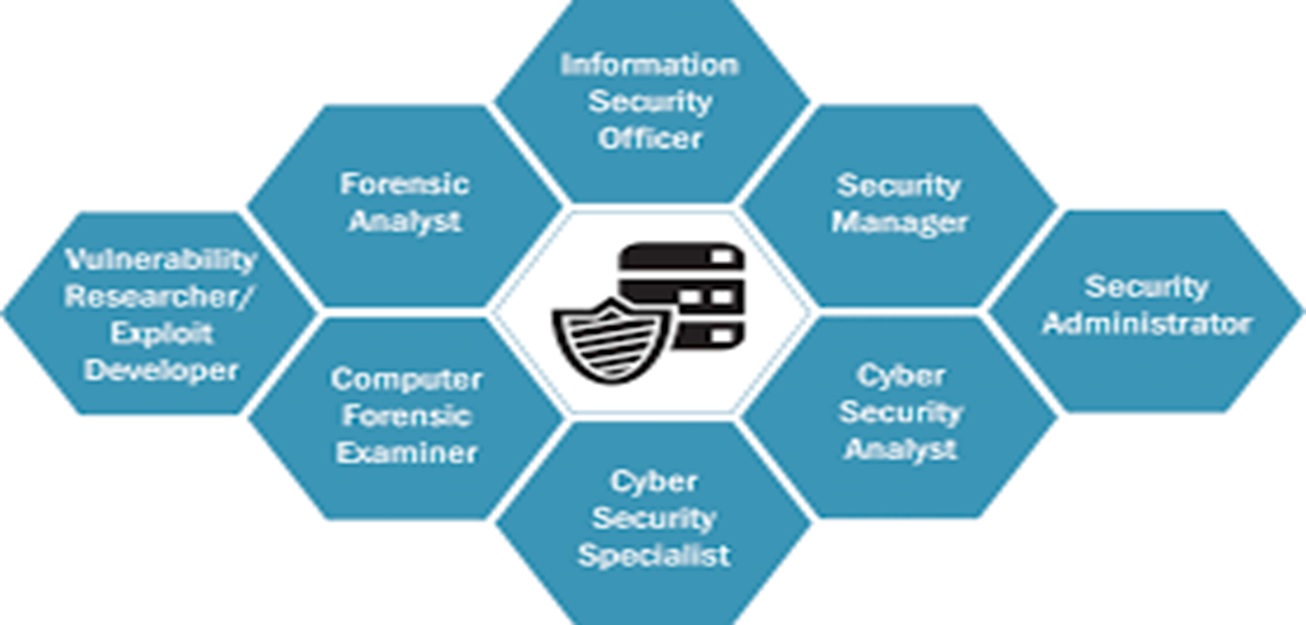Research and Developement (P.G. Computer Engineering)
Post Graduate Education and Research in Engineering and Technology has gained distinct importance in context of challenges and opportunities in National development. The knowledge, skills and competency of engineers required by industry for enhancing their competitiveness in the market need to be developed from post graduate education and research in engineering and technology. The Post Graduate Research in specialized subject have enhanced academic out comes. The teaching and research facilities created for conducting PG projects have connected institutes with industry for consultancy and research. The students with advance knowledge and special skills would be able to offer innovative ideas, technology, product and process in national development process and fulfill their career goals. Over the past few years students are actively involved in research in majorly three domains: Data Science, Soft Computing and Networking & Information Security.
- Data Science
- Soft Computing
- Networking and Information Security
Data science as a concept emerges from the applications of existing studies of measurement, representation, interpretation, and management to problems in commerce, health, environment, government, and other domains. Almost every interaction with technology includes data—Amazon purchases, Facebook feed, Netflix recommendations, and even the facial recognition required to sign in to your phone. Ultimately, data science matters because people are able to make better decisions about the world and domain-specific research is being done in the field of healthcare, business, Agriculture, Retail, Finance etc.

Soft computing is an emerging approach to computing which parallels the remarkable ability of the human mind to reason and learn in an environment of uncertainty and imprecision. It is the main motivation behind the idea of conceptual intelligence in machines in different applications areas as Fuzzy Logic, Neural Networks, Evolutionary Computation and Genetic algorithms. Now, soft computing is the only solution when we don’t have any mathematical modeling for problem solving, we need a solution to a complex problem in real time which is easy to adapt to changed scenario and can be implemented with parallel computing. It has enormous applications in medical diagnosis, computer vision, hand written character recognition, pattern recognition, machine intelligence, weather forecasting, network optimization, VLSI design, etc. The techniques of soft computing are nowadays being used successfully in many domestic, commercial, and industrial applications.

We are in a time where businesses are more digitally advanced than ever, and as technology improves, organizations’ security postures must be enhanced as well. Failure to do so could result in a costly data breach, as we’ve seen happen with many businesses. The cybercrime landscape has evolved, and threat actors are going after any type of organization, so in order to protect your business’s data, money and reputation, it is critical that you invest in an advanced security system. But before you can start developing a security program for your organization, it’s critical that you understand the different types of security and how they all work together. Information security (also known as InfoSec) ensures that both physical and digital data is protected from unauthorized access, use, disclosure, disruption, modification, inspection, recording or destruction. Information security differs from cyber security in that InfoSec aims to keep data in any form secure, whereas cyber security protects only digital data. If your business is starting to develop a security program, information security is where you should first begin, as it is the foundation for data security.
